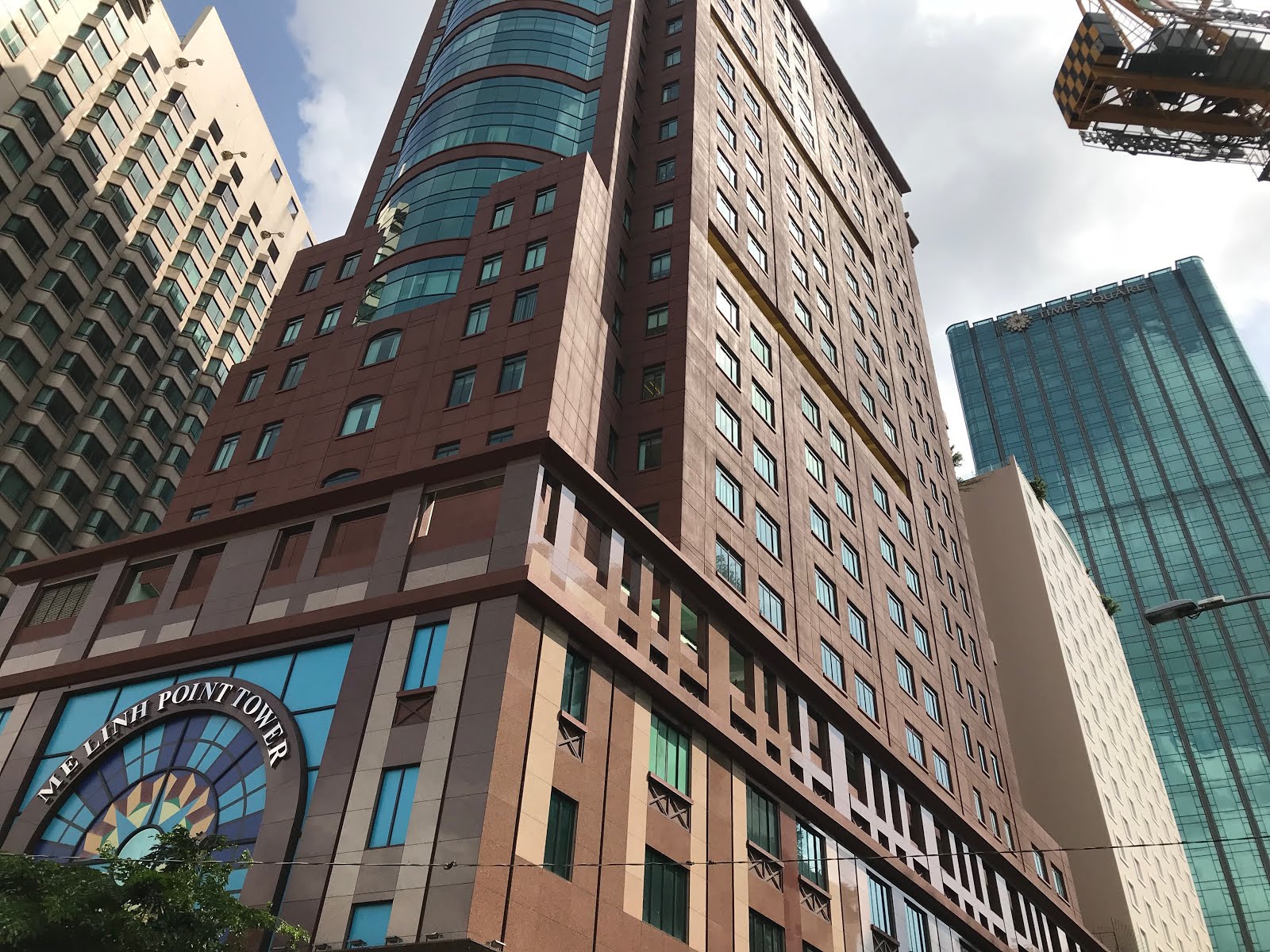According to Bloomberg, the mergers and acquisitions activity (M&A) in Vietnam will hit record since the foreign investors are very interested in the consumer sector – which is developing very fast.
The Institute of Mergers, Acquisitions and Alliances in Vietnam announced that the M&A activities related to Vietnam companies increased by 40% in 2015, reaching 4.3 billion USD and surpass the record of 4.2 billion USD in 2012.
Meanwhile, according to Baker & McKenzie and Duane Morris LLP, M&A activities in Vietnam will grow strongly in 2016 after the implementation of free trade agreements (FTA) and the Investment Law is passed by the Government.
Foreign investors feel very exciting with the forecasted economic growth of 6.7% in 2016, the fastest growth in 9 years and the consumer market with 60% of customers are under 35 years old.
According to Bloomberg, Vietnam is having a lot of changes in the Law on Investment therefore the acquisition of companies in the country is took place faster and more transparent. Meanwhile, consumer spending also rose sharply. According to the forecast of Euromonitor, consumer spending will increase by 47% from now till 2019. Particularly the beer market will grow by 33% in the next period, reaching 4.8 billion liters, while the consumption of this product will decrease in Thailand. Moreover, the middle class in Vietnam will continue to expand their investment portfolio in the domestic market.
With these advantages, M&A activities in Vietnam in 2016 will be quite exciting. ANA Holdings Inc – owner of the Japan largest airlines has agreed to buy 8.8% stake in Vietnam Airlines with price of about 109 million USD. In March 2015, France’s Aeroports De Paris has expressed its intention to acquire stake in Airports Corporation of Vietnam.
In October 2015, the information about the divestment of the State at Vinamilk with 45% stake worth nearly 3 billion USD has led many foreign investors revealed their ambitions to buy the company with the largest listing in Vietnam market.
In late 2015, Boon Rawd Brewery Co., – the oldest brewing in Thailand has agreed to invest 1.1 billion VND in Masan Group – the biggest deal in the last 3 years in Vietnam.
Obviously, the investors who are interested in M&A in Vietnam are having a clearer path. With this trend, M&A will be more exciting in 2016.
If the Government continues to improve the investment environment then the foreign investment flows will continue to increase, especially in 2016 and 2017. Along with the advantages, Vietnam still has much to do to attract the flow of investment capital such as customs procedures, taxation and access to loans. The deeper and wider integration into the economy will offering Vietnam with more opportunities in M&A activity.























.jpg)
.jpg)
.jpg)
.jpg)
.jpg)
.jpg)
.jpg)
.jpg)
.jpg)

